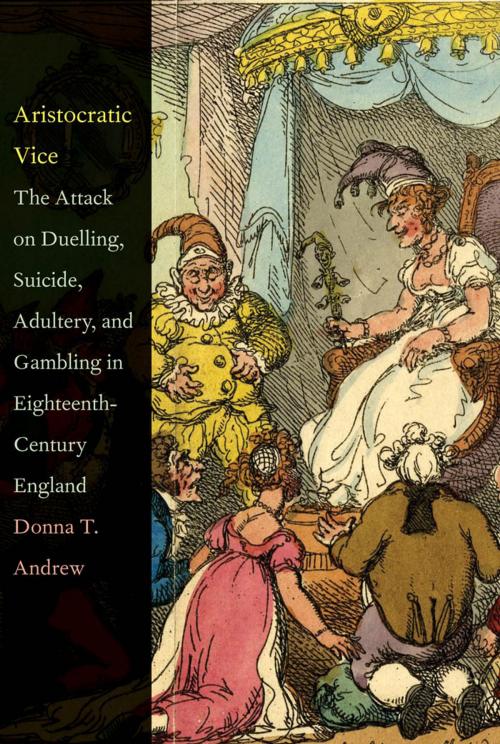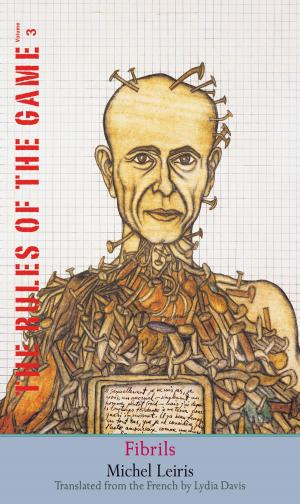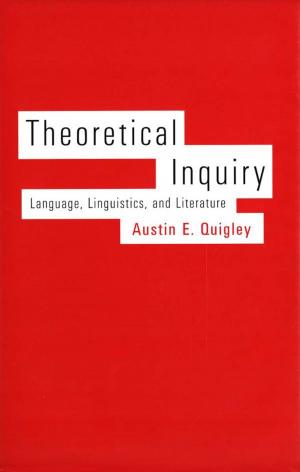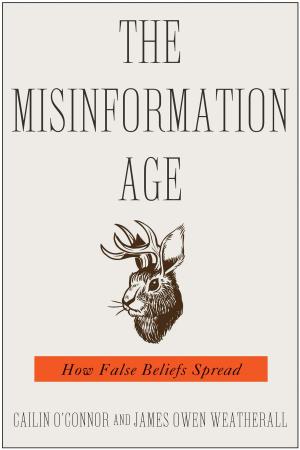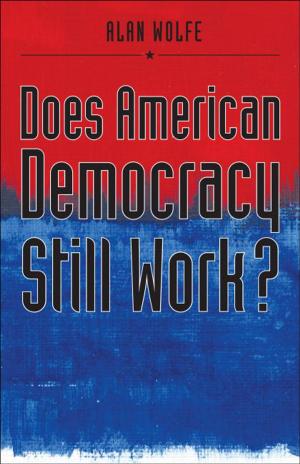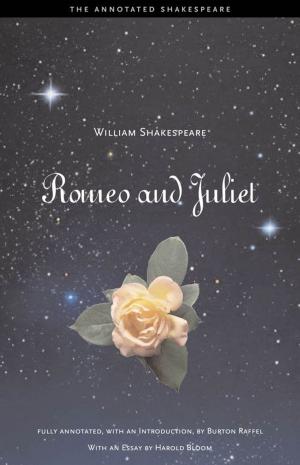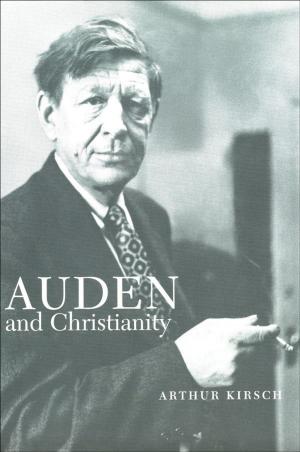Aristocratic Vice
The Attack on Duelling, Suicide, Adultery, and Gambling in Eighteenth-Century England
Nonfiction, History, Modern, 18th Century, British| Author: | Donna T. Andrew | ISBN: | 9780300185522 |
| Publisher: | Yale University Press | Publication: | June 18, 2013 |
| Imprint: | Yale University Press | Language: | English |
| Author: | Donna T. Andrew |
| ISBN: | 9780300185522 |
| Publisher: | Yale University Press |
| Publication: | June 18, 2013 |
| Imprint: | Yale University Press |
| Language: | English |
Aristocratic Vice examines the outrage against—and attempts to end—the four vices associated with the aristocracy in eighteenth-century England: duelling, suicide, adultery, and gambling. Each of the four, it was commonly believed, owed its origin to pride. Many felt the law did not go far enough to punish those perpetrators who were members of the elite. In this exciting new book, Andrew explores each vice’s treatment by the press at the time and shows how a century of public attacks on aristocratic vices promoted a sense of “class superiority” among the soon-to-emerge British middle class.
“Donna Andrew continues to illuminate the mental landscapes of eighteenth-century Britain. . . . No historian of the period has made greater or more effective use of the newspaper press as a source for cultural history than she. This book is evidently the product of a great deal of work and is likely to stimulate further work.”—Joanna Innes, University of Oxford
Aristocratic Vice examines the outrage against—and attempts to end—the four vices associated with the aristocracy in eighteenth-century England: duelling, suicide, adultery, and gambling. Each of the four, it was commonly believed, owed its origin to pride. Many felt the law did not go far enough to punish those perpetrators who were members of the elite. In this exciting new book, Andrew explores each vice’s treatment by the press at the time and shows how a century of public attacks on aristocratic vices promoted a sense of “class superiority” among the soon-to-emerge British middle class.
“Donna Andrew continues to illuminate the mental landscapes of eighteenth-century Britain. . . . No historian of the period has made greater or more effective use of the newspaper press as a source for cultural history than she. This book is evidently the product of a great deal of work and is likely to stimulate further work.”—Joanna Innes, University of Oxford
